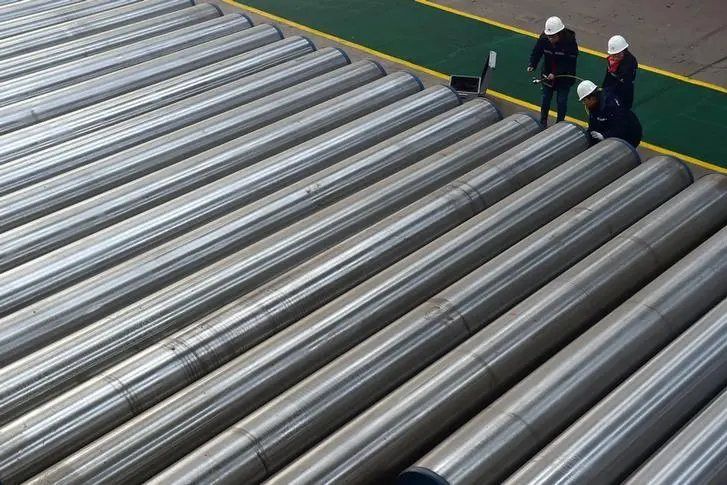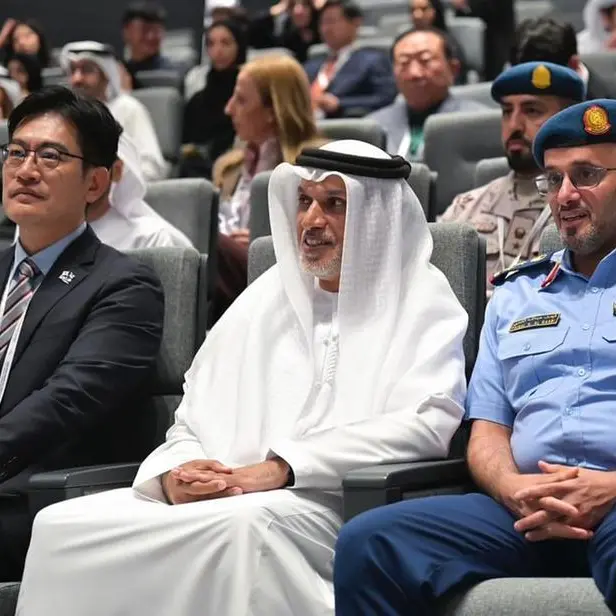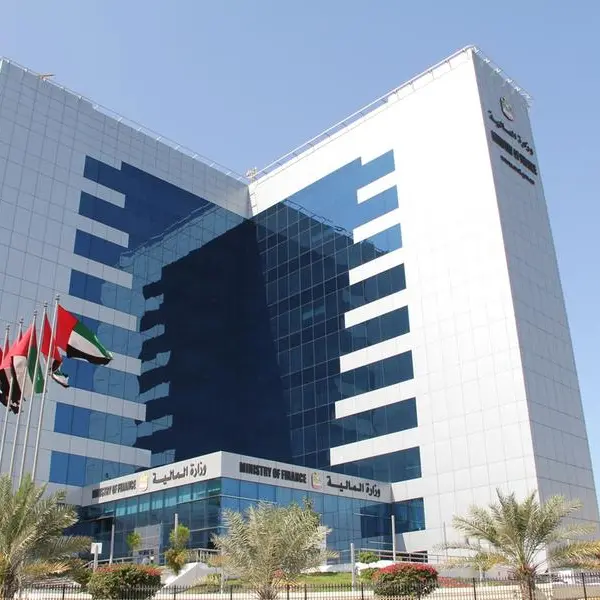PHOTO
BEIJING - China's top steelmaking city of Tangshan has summoned executives from 48 regional companies with high pollution emissions to a meeting and ordered them to trim output to reduce the smog.
The companies in the steel, cement and coke industries were criticised by the city government of failing to implement anti-pollution measures and to bring down toxic emissions, according to a statement issued by the Tangshan city government on Monday. The companies included Tangsteel, a subsidiary of HBIS Group.
The meeting came after China's environment ministry last week summoned the mayors of six northern Chinese cities, including Baoding and Langfang in Hebei province where Tangshan is located, that failed to meet winter smog-cutting targets to a meeting in Beijing.
"Air quality in our city is deteriorating, which has affected the rank (of air quality among cities in China) and increased chances of being criticised by superior officials," said the statement.
The city has extended output curbs on heavy industry to the end of June, with steel mills ordered to cut sintering operations by as much as 50%.
Despite the extended production restrictions on heavy industry, Tangshan in April still ranked fourth from the bottom of 169 monitored key cities nationwide in terms of air quality, according to the latest data from the environment ministry.
In May, among the 11 cities in Hebei, Tangshan had the worst air quality level, with average concentrations of particulate matter measuring less than 2.5 microns, known as PM2.5, at 43 micrograms per cubic metre, data from Hebei environmental bureau showed on June 10. The average PM2.5 reading in Hebei in May was 32 micrograms per cubic metre.
PM2.5 pollutants are considered especially hazardous since they can penetrate deep into the lungs.
"Companies that were summoned to the meeting vowed to resolutely comply to production restrictions set by the city government... and cut output to the utmost extent in order to drastically reduce pollutant emission," the Tangshan government statement said.
(Reporting by Muyu Xu and Shivani Singh; editing by Christian Schmollinger) ((muyu.xu@thomsonreuters.com; +86 010 66271298;))





















